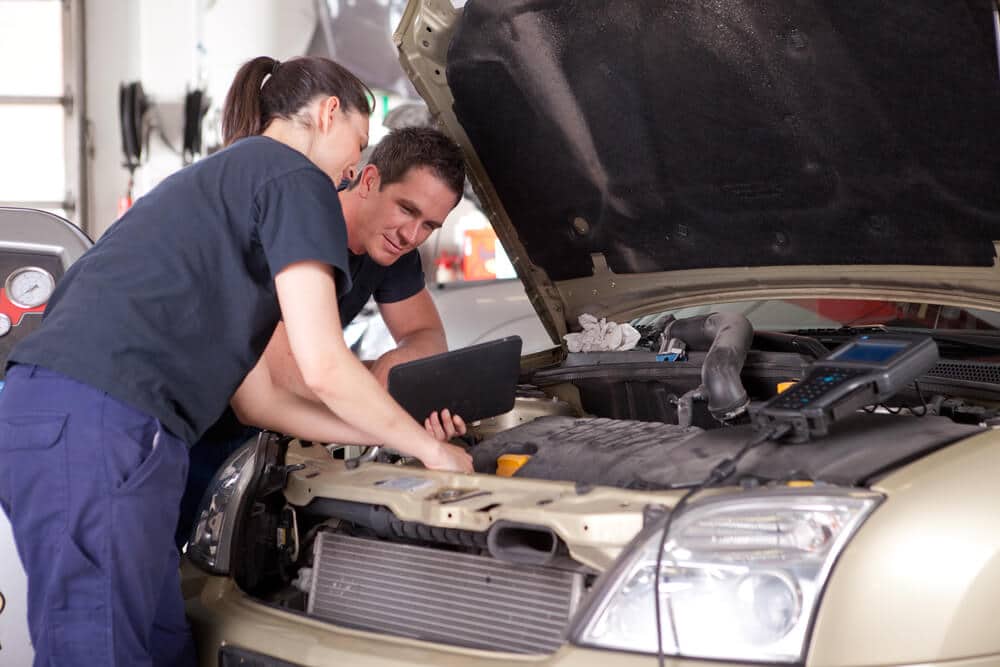

Everyone knows they need a tune up for their car from time to time, but many people don’t know how important it is to get your car periodically serviced. Before we jump into which parts of your car need a tune up, let’s first go over some signs that you might already need one, with the assistance of Cranbrook Cars, which does engine tuning in Cranbrook.
How Do I Know If I Need a Tune Up?
There are several warning signs that your car is in need of a tune up. Fuel mileage is one of the first things that becomes reduced. Other problems that occur include stalling, difficulty starting, reduced brake capacity, and just weird or unusual noises. If you’re driving your car, these noises can be numerous things, some of which aren’t dangerous while others can be potentially deadly. Shaking and clunking can mean something has come loose, while squealing means you have low fluids.
Your vehicle’s efficiency is determined by a number of interrelated factors, with just one weakness leaving a noticeable mark. A couple of examples are run-down spark plugs undermining combustion and poor wheel alignment making the engine work harder.
Not only could your car stall, but it can do so at the most inopportune moment. Stalling results when the engine just can’t do the job it is setting out to do. Numerous malfunctions can cause this, like bad spark plugs and clogged oil filters. Most likely your engine isn’t turning over from a combination of factors, with bad spark plugs often the main culprit. If those spark plugs are sparking, that problem might go a little bit deeper. Car batteries, depending on the climate, need to be replaced over three to six years.
If you’ve never replaced the brakes, that is another potential problem that needs to be addressed, especially if you find that you have to press a little bit harder than normal. Brakes erode over time even if you don’t have any hard stops, and it is important to get them periodically checked out to ensure your safety and that of others.
I Think I Need a Tune Up, What Should I Do?
A car that isn’t working like it should needs to be checked out, but doesn’t mean it needs major repair per se. Before you go get that tune up, you should know a few things about how each part works together and how often they need to be replaced.
When it comes to tune ups there is the unofficial “big four” to consider. In no particular order, engines need periodic maintenance on their ignition system, filtration system, belts, and hoses, along with its fluids.
Parts of the engine that get everything fired up is what the ignition system is made of. Included here are the spark plug, plug wires, coils, and other electrical components. Of these, spark plugs need to be replaced the most followed by coils, as they are under the most pressure.
Your car actually has quite a few filters, as particulates come in many sizes and shapes. The most common of these are the oil, air, and cabin air filters. The oil filter is replaced when new oil (more on that in a minute) is replaced, with air filters having a slightly longer lifespan.
Belts and hoses are used all over the engine. Pulleys keep the alternator, power steering pump, and water pump in good working order. Hoses work with the fluids themselves and transfer them across the engine.
Fluids keep the cars moving parts well lubricated. Engine oil keeps the motor cool, while brake, transmission, and steering fluid make sure all these integral systems are remaining functioning when you need them.
How Much Does a Tune Up Cost?
A basic car tune up, which replaces basic parts, can cost anywhere from $50 to $200. More invasive repairs usually average $500 to $900. How often you tune up can include numerous factors related to the service in question and how old your car is.
Oil and the filter should be changed approximately every 3,000 miles. Other types of filters can last longer at around 10,000 miles. Spark plugs, transmission, valves, and so forth have a quality lifespan of 50,000 miles, while many belts, wires, and power steering are good for around 100,000 miles.
Conclusion
The warning signs that your car needs a tune up range from weird noises, poor fuel mileage, and struggling to start. Getting your car serviced regularly can mitigate these problems and keep your car on the road much longer.
